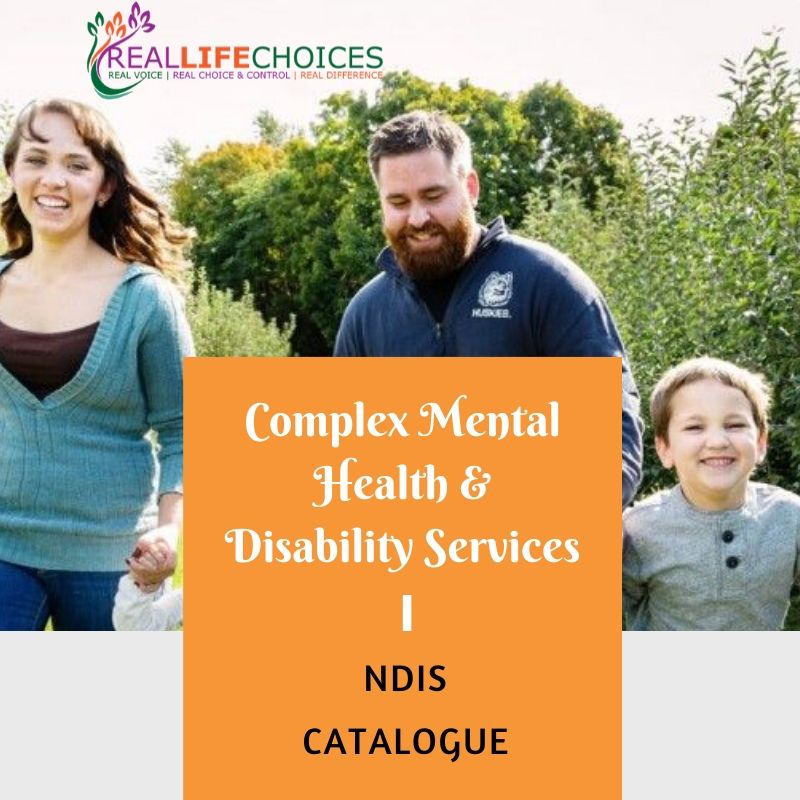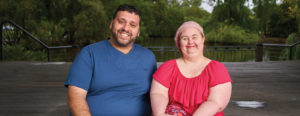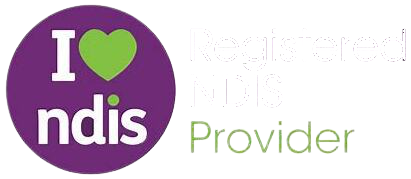NDIS
You, RLC and NDIS
The National Disability Insurance Scheme (NDIS) is changing the way people with disabilities get the support they need. It is designed to give people more choice and control about the services they require and who supplies them. RLC is a registered NDIS support provider and specialises in providing support to people with Mental illness, psychiatric disability and mental disorders.
To find out more about RLC’s services, please phone our intake team 1800 75 76 28 or use the form at right…
About The NDIS
There are exceptions but in general most NDIS participants will:
- Have a disability that significantly affects your ability to take part in everyday activities, or have a developmental delay
- Be aged less than 65 when you first apply to enter the NDIS
- Live in Australia in an NDIS area on a specified date
- Be an Australian citizen or hold a permanent visa or a Protected Special Category visa
The NDIS will pay for fair and reasonable supports and necessary supports. NDIS planners will meet with you to create a support plan that will enable you to live better in your community.
General support categories include:
- Local area coordination in your region
- Daily living
- Employment
- Home living
- Relationships
- Community participation
- Capacity building
- Health and wellbeing
- Independence
It does not include day-to-day living costs that are not related to a participant’s disability support needs.
Yes, NDIS has been a registered support provider under the NDIS since July 2013, and we meet all applicable quality standards.
NDIS specializes in providing support under the following NDIS categories:
- Support to address behaviour concerns
- Assistance with daily life
- Access to services
- Service system navigation
- Transport
- Consumables
- Assistance with social & community participation
- Community access
- Social connectedness
- Assistive technology
- Home
- Housing support
- Coordination of supports
- Improved living arrangements
- Increased social and community participation
- Finding and keeping a job
- Improved relationships
- Improved health and well-being
- Improved learning
- Improved life choices
- Improved daily living skills
- Skills development
To meet the NDIS disability rules you need to have a disability that is likely to be permanent (lifelong) and that stops you from doing everyday things by yourself.
If the NDIS is operating in your area you can start with the NDIS access check list
It will be useful to think about what you want to achieve with the support provided in your NDIS plan.
You can also order a free NDIS Information Pack using the form at right.
The NDIS is being introduced in stages. Here are the roll out dates for Victoria:
From 1 January 2017 Central Highlands
Ararat, Ballarat, Golden Plains, Hepburn, Moorabool, Pyrenees
From 1 May 2017 Loddon
Campaspe,Central Goldfields, Greater Bendigo, Loddon, Macedon Ranges, Mount Alexander ,
From 1 October 2017 Inner Gippsland
Bass Coast, Baw Baw, Latrobe, South Gippsland
From 1 October 2017 Ovens Murray
Alpine, Benalla, Indigo, Mansfield, Towong, Wangaratta, Wodonga
From 1 October 2017 Western District
Corangamite, Glenelg, Hindmarsh, Horsham, Moyne, Northern Grampians, Southern Grampians, Warrnambool, West Wimmera, Yarriambiack
From 1 November 2017 Inner East Melbourne
Boroondara, Manningham, Monash, Whitehorse
From 1 November 2017 Outer East Melbourne
Knox, Maroondah, Yarra Ranges
From 1 March 2018 Hume Moreland
Hume, Moreland
From 1 April 2018 Bayside Peninsula
Bayside, Frankston, Glen Eira, Kingston, Mornington Peninsula, Port Phillip, Stonnington
From 1 September 2018 Southern Melbourne
Cardinia, Casey, Greater Dandenong
From 1 October 2018 Brimbank Melton
Brimbank, Melton
From 1 October 2018 Western Melbourne
Hobsons Bay, Maribyrnong, Melbourne, Moonee Valley, Wyndham
From 1 January 2019 Goulburn
Greater Shepparton, Mitchell, Moira, Murrindindi, Strathbogie
From 1 January 2019 Mallee
Buloke, Gannawarra, Mildura, Swan Hill
From 1 January 2019 Outer Gippsland
East Gippsland, Wellington
Some people will require support from a single provider. Others will require support from multiple agencies. For example, NDIS is the sole provider for many people and we also work with people who use two or more providers.



